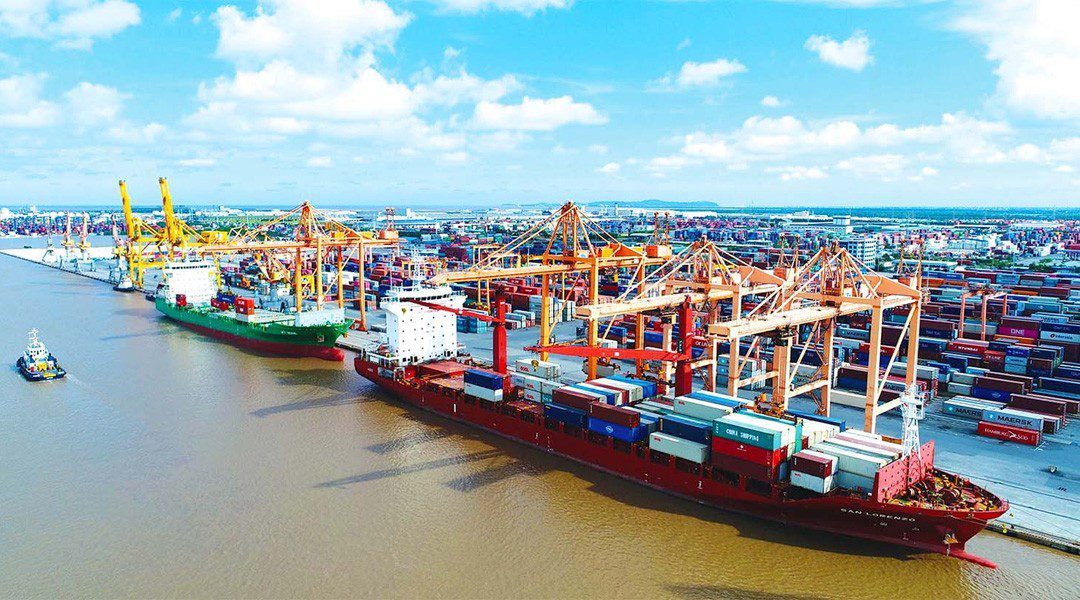Further strike action was feared in the German port of Hamburg after pay talks between port employers and dockworkers broke down at the weekend.
Negotiations between German port employers and dockworkers trade union ver.di ended without a result on Saturday after 10 hours. The union said that a revised offer from the Central Association of German Seaport Companies (ZDS) was “inadequate”, noting that it was “far below the real wage protection demanded by ver.di, in view of the current rate of price increase of 7.9%, and is therefore unacceptable for the employees”.
The third round of negotiations started on Friday, accompanied by a warning strike by 12,000 port workers at Hamburg, Bremerhaven, Wilhelmshaven and Emden during the late
shift on Thursday. It was the first industrial action at German ports in decades.
ZDS lead negotiator Ulrike Riedel said that “we have a comparatively high wage level in German seaports. In the last round of negotiations, given the currently challenging inflation rate, we made an offer that compensates for the losses of our employees in real wages. This offer is in line with many other current ver.di collective bargaining agreements. The fact that strikes are now being called in the current crisis framework is completely unacceptable.” She added that there was “a large wave of delayed ships” expected at
German ports in the coming weeks, and that strike threats would add further stress to the supply chain.
Both ZDS and ver.di said that a date for the resumption of talks would be agreed in the next few days.
With the two largest container hubs in mainland Europe, Rotterdam and Antwerp, heavily
congested, any blockage at Hamburg, the third-largest, would not offer any easy alternatives for container shipping lines looking to bring goods into Europe, or for exporters looking to move goods out.
Maersk said its hubs at Bremerhaven and Rotterdam were its “most severely congested North European ports” and that its networks were operating “under severe pressure”.
Hapag-Lloyd said yard occupancy at Hamburg’s Container Terminal Altenwerder (CTA) stood at 90%, “mainly caused by the discharge of heavy import vessels and reduced import pick up rates”.






